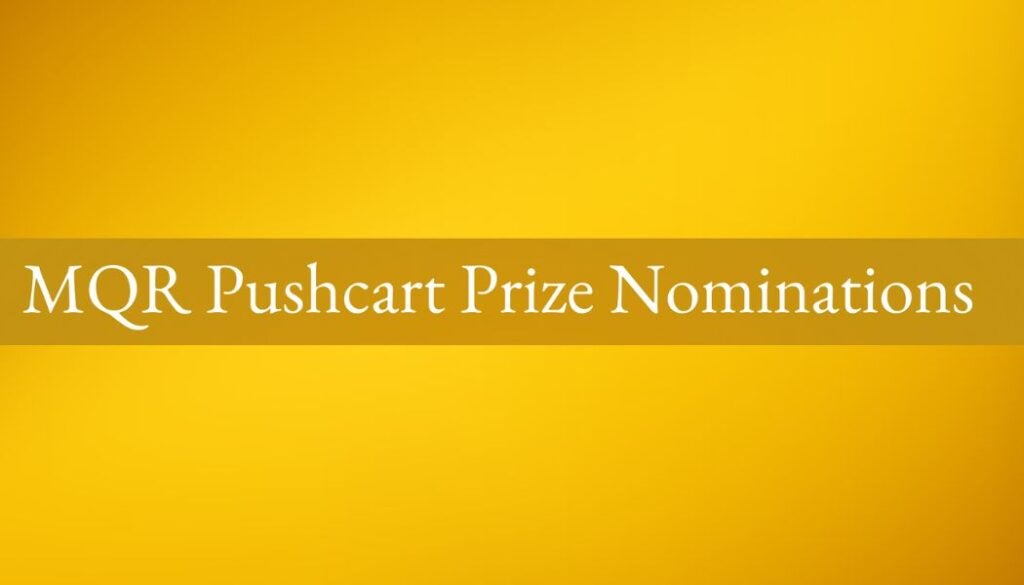“Who is Without Echo?”: The Future Reader of Fady Joudah’s […]
[…] A continuation … a redaction … a conversation in process…the message that announces its hesitation—three blinking dots as a correspondent composes a response. Even before opening Palestinian American poet Fady Joudah’s latest collection, its pictographic title […] invites the reader to question their own reading practices. The book rebukes easy articulation, its title a […]
“Who is Without Echo?”: The Future Reader of Fady Joudah’s […] Read More »
[…] A continuation … a redaction … a conversation in process…the message that announces its hesitation—three blinking dots as a correspondent composes a response. Even before opening Palestinian American poet Fady Joudah’s latest collection, its pictographic title […] invites the reader to question their own reading practices. The book rebukes easy articulation, its title a


![An image of the book cover of Fady Joudah's "[...]: Poems" laid over a black-orange background](https://sites.lsa.umich.edu/mqr/wp-content/uploads/sites/617/2024/04/Untitled-design-3-1024x576.png)





